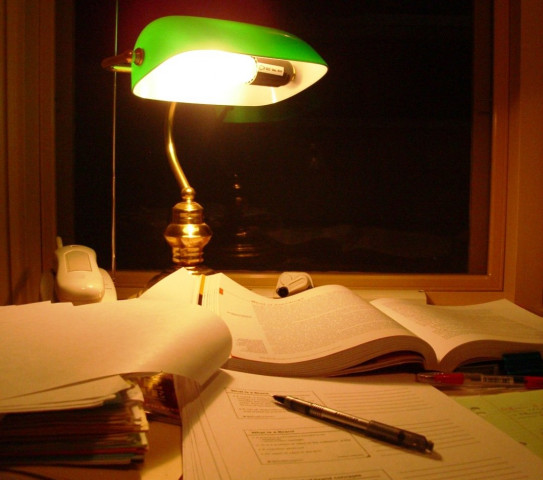Efficient solutions
If the government believes it can solve the energy crisis by getting people to use less electricity, it is mistaken.

If the government believes it can solve the energy crisis by getting people to use less electricity, it is mistaken. PHOTO: FILE

Pakistan is a developing economy with a large and growing population. The math would suggest that energy needs for the country will keep rising — and at a very rapid rate — regardless of the degree of conservation. Yet, the government seems to believe that reducing consumption is somehow a viable way to reduce power outages. The previous administration took this illogic to extremes, ordering markets and other commercial areas to be shut down not long after sunset, a time typically known in the retail business for peak sales, particularly on weekends. We sincerely hope the Nawaz Administration is not headed down that path.
Pakistan’s power crisis is multifaceted and hence, the solution should also have multiple components to it. Having energy efficiency as a plank of the overall agenda is most certainly a good idea. Where the government gets off the rails is when it seems to be narrowly focused on reducing the gap between energy supply and demand, to the exclusion of all other goals. That is when absurd ideas like closing down markets and offices get floated. The government seems to forget that the purpose of the energy sector is to power the economy, not the other way around. And if energy efficiency is a stated goal of the government — and we agree that it should be — perhaps, some consideration should be given to regulating efficiency standards for air conditioners, the leading cause of peak demand for electricity. In short, conservation as part of a holistic approach to solving the energy crisis is a great idea. But if conservation becomes a proxy for trying to reduce demand, the government is running a fool’s errand.
Published in The Express Tribune, December 23rd, 2013.
Like Opinion & Editorial on Facebook, follow @ETOpEd on Twitter to receive all updates on all our daily pieces.















COMMENTS
Comments are moderated and generally will be posted if they are on-topic and not abusive.
For more information, please see our Comments FAQ